Toy boxes overflow and the latest gadgets quickly lose their appeal, but there’s a gift that stands the test of time: experiences. Experience gifts for kids offer more than just a momentary thrill; they create lasting memories, foster personal growth, and strengthen family bonds. Let’s dive into the world of experiential giving and discover how these intangible presents can have a tangible impact on a child’s life.
Why Choose Experience Gifts for Kids?
When it comes to gift-giving, many of us default to physical items. But have you ever considered the long-term value of gifting an experience instead? Experience gifts for kids offer a range of benefits that traditional presents simply can’t match:
- Lasting Memories: Unlike toys that may be forgotten within weeks, experiences create memories that can last a lifetime.
- Skill Development: Many experiences teach new skills or enhance existing ones, contributing to a child’s personal growth.
- Family Bonding: Shared experiences strengthen relationships between family members.
- Clutter-Free: Experience gifts don’t take up physical space, making them perfect for families looking to minimize material possessions.
- Unique and Personalized: Experiences can be tailored to a child’s specific interests and passions.
- Emotional Well-being: Positive experiences contribute to a child’s overall happiness and self-esteem.
- Cultural Exposure: Many experiences introduce children to diverse cultures and perspectives.
- Environmental Consciousness: Experience gifts often have a lower environmental impact than material goods.
What Are the Best Types of Experience Gifts for Kids?
The beauty of experience gifts is their diversity. There’s truly something for every child, regardless of age, interest, or ability. Let’s explore some popular categories:
Educational Experiences
Learning doesn’t have to be confined to the classroom. Educational experiences can spark curiosity and foster a love for lifelong learning.
Some ideas include:
- Museum memberships
- Science center visits
- Historical site tours
- Cooking classes
- Language learning programs
- Archaeology digs
- Planetarium shows
- Wildlife sanctuary tours

Pro Tip: Many museums and science centers offer annual memberships that provide unlimited visits. This can be a gift that keeps giving throughout the year!
Outdoor Adventures
In an age of increasing screen time, outdoor experiences can help children connect with nature and develop a sense of adventure. Consider:
- Camping trips
- Nature hikes
- Tree-top walks or zip-lining
- Animal sanctuary visits
- Stargazing nights
- Kayaking or canoeing excursions
- Bird watching expeditions
- Beach clean-up volunteering
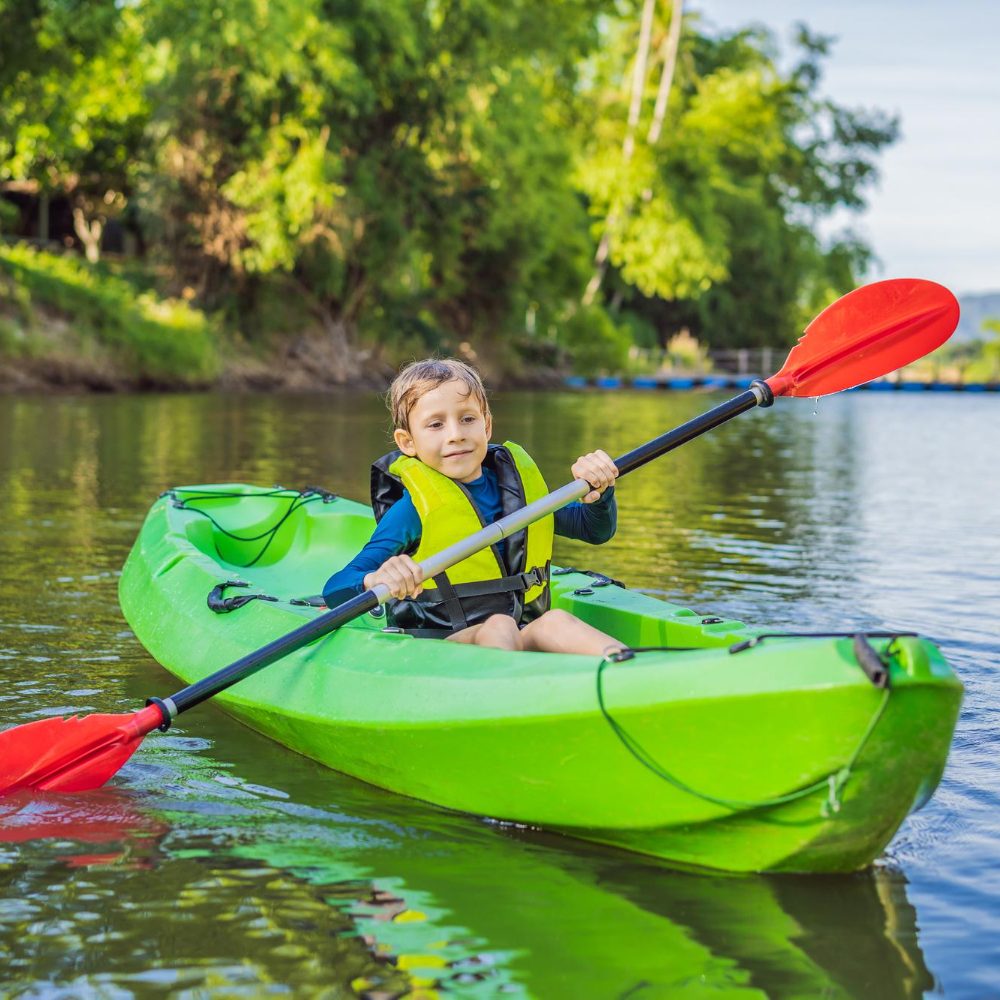
Sports and Physical Activities
For active kids or those who could benefit from more physical activity, sports-related experiences can be both fun and beneficial for health:
- Swimming lessons
- Rock climbing sessions
- Horseback riding lessons
- Martial arts classes
- Sports camp experiences
- Ice skating or roller skating lessons
- Yoga for kids classes
- Junior golf clinics
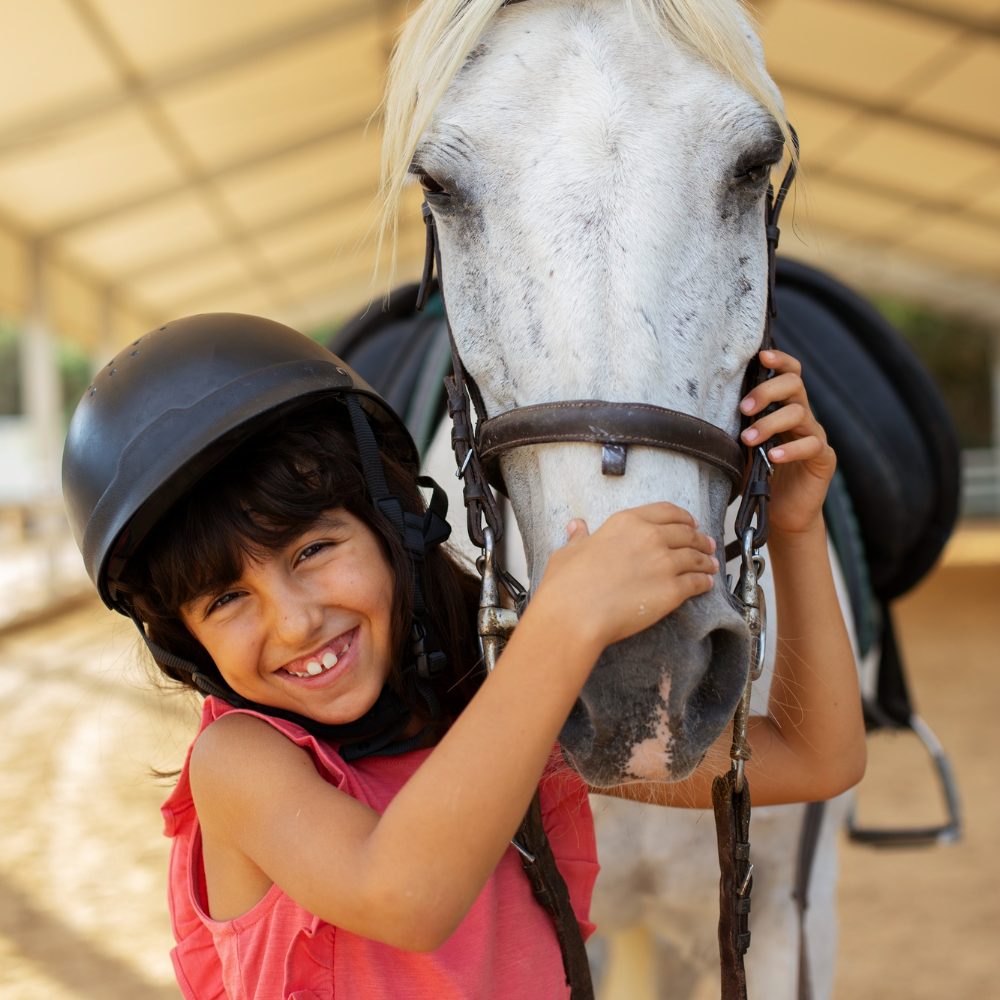
Arts and Culture
Nurture creativity and cultural appreciation with these experiences:
- Theater performances
- Art classes or workshops
- Music lessons or concerts
- Dance classes
- Photography courses
- Pottery or sculpture workshops
- Comic book creation classes
- Cultural festival visits
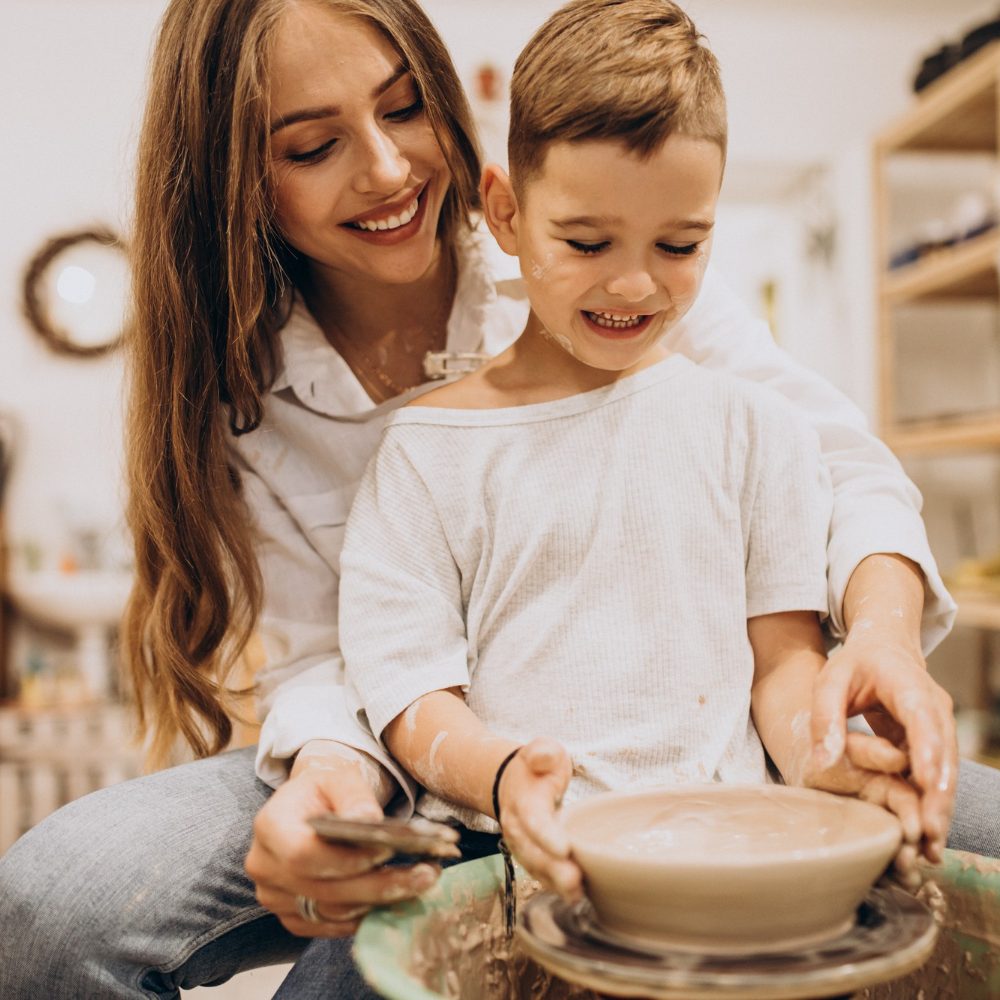
Technology and Science
For the tech-savvy or scientifically curious child, consider:
- Coding camps
- Robotics workshops
- Virtual reality experiences
- Space camp or planetarium visits
- Tech museum tours
- 3D printing classes
- Junior engineering programs
- Science fair preparation workshops
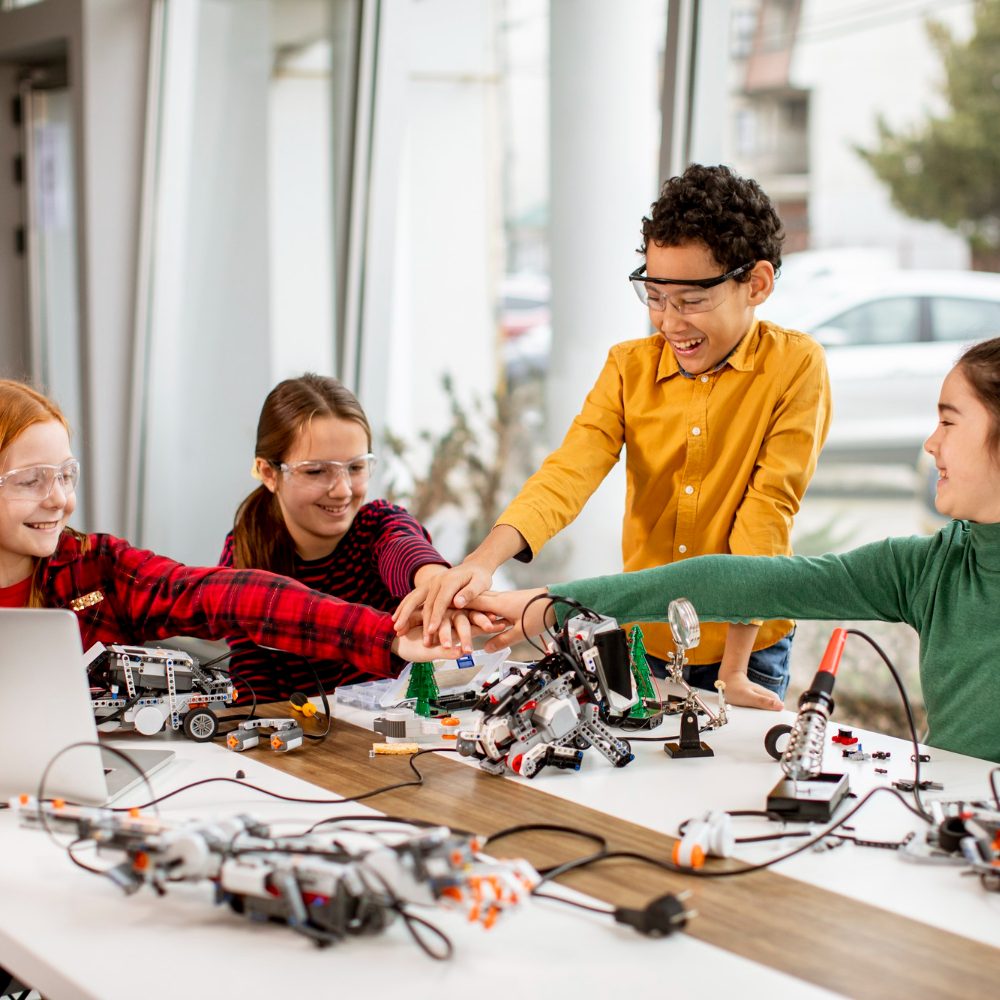
Travel and Exploration
Broaden horizons and create family memories with travel experiences:
- Day trips to nearby cities
- Weekend getaways
- Theme park visits
- Cultural exchange programs
- Family volunteer vacations
- Road trips with educational stops
- Eco-tourism adventures
- Historical reenactment events
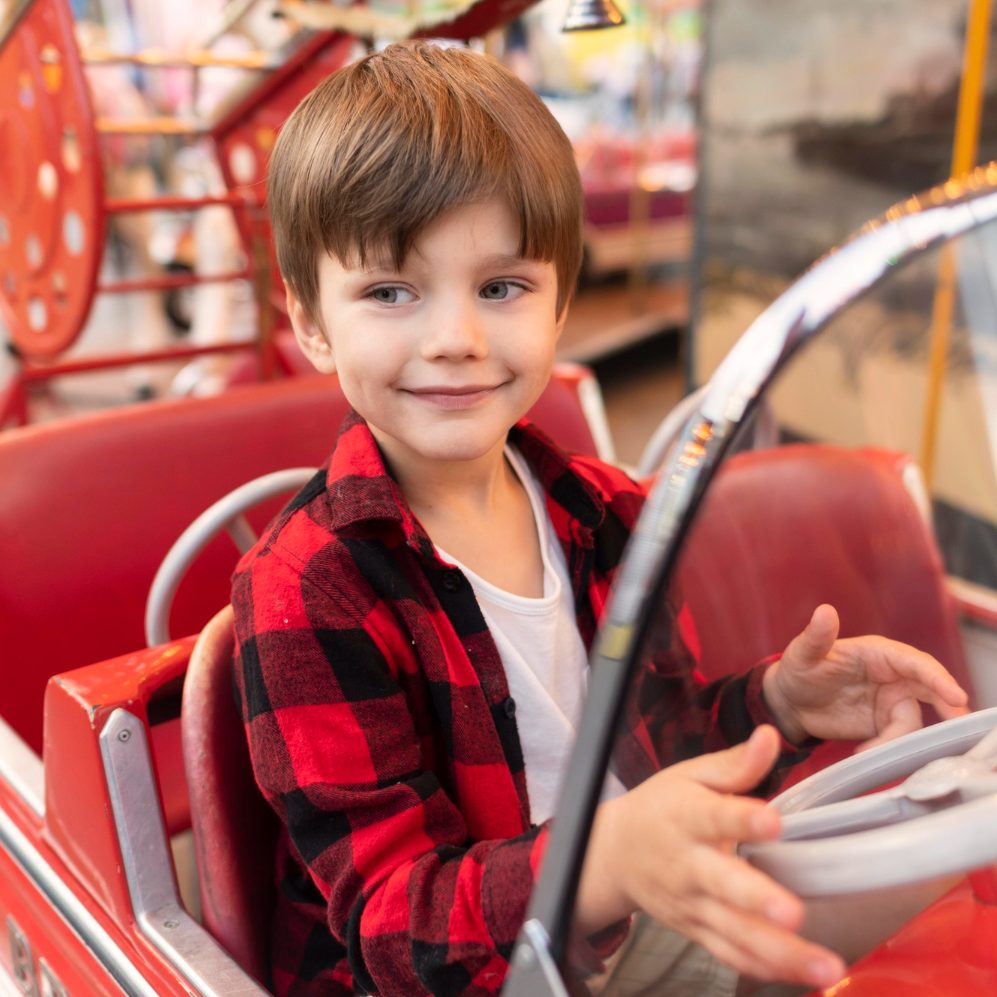
How to Choose the Right Experience Gift for a Child?
Selecting the perfect experience gift requires thoughtful consideration. Here are some factors to keep in mind:
- Age and Interests: Choose experiences appropriate for the child’s age and aligned with their passions.
- Family Schedule: Consider the family’s availability and logistics required for the experience.
- Long-term Value: Think about skills or knowledge the child might gain from the experience.
- Balance of Education and Fun: The best experiences often combine learning with enjoyment.
- Physical and Emotional Readiness: Ensure the child is prepared for the experience, both physically and emotionally.
- Novelty Factor: Consider experiences that the child might not typically have access to.
- Group vs. Individual: Decide whether a solo experience or a group activity would be more beneficial.
- Follow-up Potential: Look for experiences that could lead to ongoing interests or future related activities.
Remember, the goal is to create positive memories and potentially spark new interests or passions.
Tips for Giving Experience Gifts
Presenting an intangible gift can be challenging, but with a little creativity, you can make the reveal just as exciting as unwrapping a physical present:
- Creative Presentation: Use clues, riddles, or a scavenger hunt to reveal the experience.
- Tangible Tokens: Pair the experience with a small related item (e.g., a camera for a photography class).
- Involve the Child: If appropriate, let the child participate in planning aspects of the experience.
- Document the Memory: Provide a journal or disposable camera to capture the experience.
- Create Anticipation: Give the gift well in advance, allowing the child to look forward to it.
- Virtual Preview: If possible, show videos or virtual tours related to the experience.
- Personalized Certificate: Create a special certificate detailing the experience gift.
- Countdown Calendar: For future experiences, create a fun countdown calendar.
Budget-Friendly Experience Gift Ideas
Experience gifts don’t have to break the bank. Here are some wallet-friendly options:
- Local Experiences: Many communities offer free or low-cost events and activities.
- DIY Experiences: Create your own adventure, like a backyard camping night or at-home spa day.
- Group Experiences: Split costs with other family members or friends for a bigger experience.
- Memberships and Passes: Annual passes to local attractions often provide great value.
- Off-Peak Timing: Look for discounts during off-peak seasons or times.
- Volunteer Opportunities: Many volunteer experiences are free and incredibly rewarding.
- Skill Swaps: Exchange skills with friends or family to create unique experiences.
- Local Classes: Community centers often offer affordable classes and workshops.
| Experience | Estimated Cost | Age Range |
|---|---|---|
| Local Park Scavenger Hunt | Free | All Ages |
| Library Story Time | Free | 2-8 years |
| Home Science Experiment Day | $20-$50 | 5-12 years |
| Local Sports Team Game | $20-$100 | 6+ years |
| Zoo Annual Pass | $50-$200 | All Ages |
| Community Art Class | $30-$80 | 8+ years |
| Nature Center Program | $10-$40 | All Ages |
| Local Theater Performance | $15-$50 | 5+ years |
The Impact of Experience Gifts on Child Development
Experience gifts can play a significant role in a child’s development:
- Building Confidence: New experiences help children step out of their comfort zones and develop self-assurance.
- Enhancing Social Skills: Many experiences involve interaction with others, improving communication and social abilities.
- Fostering Curiosity: Diverse experiences encourage children to ask questions and explore the world around them.
- Creating Family Bonds: Shared experiences strengthen family relationships and create shared memories.
- Developing Empathy: Exposure to different people and situations can enhance a child’s ability to understand and share the feelings of others.
- Improving Problem-Solving Skills: Many experiences present challenges that help children develop critical thinking and problem-solving abilities.
- Boosting Creativity: Creative experiences can unlock a child’s imagination and innovative thinking.
- Enhancing Physical Development: Active experiences contribute to improved coordination, balance, and overall physical health.
Overcoming Challenges with Experience Gifts
While experience gifts offer numerous benefits, they can come with challenges:
- Scheduling Conflicts: Be flexible and have backup dates if possible.
- Managing Expectations: Clearly communicate what the experience entails to avoid disappointment.
- Unexpected Issues: Have a backup plan in case of bad weather or other unforeseen circumstances.
- Special Needs Considerations: For children with special needs, research accessibility and accommodations in advance.
- Overcoming Shyness: Help introverted children ease into new experiences gradually.
- Dealing with Fears: Address any anxieties the child might have about the experience beforehand.
- Balancing Siblings: If giving an experience to one child, consider how to make it fair for siblings.
- Transportation Logistics: Plan transportation details, especially for experiences far from home.
Experience Gifts for Different Age Groups
Different ages call for different types of experiences. Here are some age-appropriate ideas:
Toddlers and Preschoolers (0-5 years)
- Petting zoo visits
- Toddler music classes
- Puppet shows
- Sensory play experiences
- Interactive storytelling sessions
- Farmyard visits
- Toddler-friendly cooking classes
- Mini sports lessons (e.g., tumbling, swimming)
- Dress-up tea parties
- Toddler yoga classes
Elementary School-Aged Children (6-12 years)
- Coding workshops
- Sports clinics
- Art classes
- Science camp
- Junior chef cooking classes
- Beginner photography workshops
- Indoor rock climbing lessons
- Pottery or ceramics classes
- Junior ranger programs at national parks
- Magic lessons
- Astronomy nights
- Lego building workshops
Tweens (10-12 years)
- Escape room adventures
- Cooking classes
- Photography workshops
- Beginner rock climbing lessons
- Kayaking or canoeing lessons
- Drama or improv classes
- Mini golf tournaments
- DIY craft workshops (e.g., jewelry making, woodworking)
- Trampoline park visits
- Comic book creation workshops
- Junior lifeguard programs
- Coding boot camps
Teenagers (13-18 years)
- Concert tickets
- Driving experiences
- Language immersion programs
- Volunteer opportunities
- Film-making workshops
- Outdoor adventure courses (e.g., survival skills, orienteering)
- Music production classes
- Internship or job shadowing experiences
- Sports coaching or refereeing courses
- Photography expeditions
- Culinary tours
- Personal finance workshops
Sustainable Aspects of Experience Gifts
In an era of increasing environmental awareness, experience gifts offer a sustainable alternative to material presents:
- Reduced Material Consumption: Experiences don’t contribute to the production and eventual disposal of physical goods.
- Support for Local Economies: Many experiences support local businesses and communities.
- Environmental Education: Nature-based experiences can foster appreciation for the environment.
- Value-Based Learning: Experiences can teach children to value moments and memories over material possessions.
- Conservation Support: Many wildlife and nature experiences contribute to conservation efforts.
- Reduced Carbon Footprint: Local experiences often have a lower carbon footprint than manufactured goods.
- Promotion of Sustainable Practices: Many experience providers emphasize sustainable and eco-friendly practices.
- Mindful Consumption: Experience gifts can help instill values of mindful and purposeful consumption.
Eco-Friendly Tip: When planning experiences, consider low-impact options like nature walks, stargazing, or visits to sustainable farms or eco-centers.
Personalizing Experience Gifts
To make experience gifts even more special, consider these personalization ideas:
- Themed Experiences: Create a series of experiences around a child’s favorite topic (e.g., dinosaur museum, fossil dig, and paleontology workshop for a dinosaur enthusiast).
- Milestone Celebrations: Tie experiences to important milestones (e.g., first roller coaster ride for reaching a certain height).
- Family Traditions: Start annual experience traditions (e.g., picking out a Christmas tree together every year).
- Skills Development: Choose experiences that build on each other (e.g., beginner, intermediate, and advanced cooking classes).
- Surprise Elements: Add unexpected twists to familiar experiences (e.g., a behind-the-scenes tour at a favorite museum).
- Customized Itineraries: For travel experiences, involve the child in planning the itinerary.
- Personal Growth Challenges: Select experiences that push the child’s boundaries in a safe and supportive way.
- Cultural Heritage Exploration: Choose experiences that connect with the child’s cultural background.
Documenting and Sharing Experience Gifts
Encourage children to reflect on and share their experiences:
- Memory Books: Create scrapbooks or photo albums of experience gifts.
- Vlogging: For older kids, suggest documenting experiences through video blogs.
- Show and Tell: Encourage children to share their experiences at school or with friends.
- Family Presentations: Have kids create presentations about their experiences for family gatherings.
- Social Media Sharing: For teens, create a dedicated hashtag for sharing experience gift moments.
- Time Capsules: Create time capsules with mementos from each experience to be opened in the future.
- Experience Journals: Provide journals for kids to write about their thoughts and feelings during experiences.
- Digital Storytelling: Use apps or software to create digital stories or animations about the experiences.
The Long-Term Impact of Experience Gifts
While the immediate joy of experience gifts is apparent, their long-term effects can be profound:
- Career Inspiration: Early experiences can spark interests that lead to future career paths.
- Cultural Awareness: Travel and cultural experiences broaden children’s worldviews.
- Lifelong Hobbies: Many adults trace their favorite hobbies back to childhood experiences.
- Environmental Stewardship: Nature experiences can foster a lifelong commitment to conservation.
- Family Narratives: Shared experiences become part of a family’s shared history and identity.
- Resilience Building: Overcoming challenges in new experiences can build resilience and adaptability.
- Global Citizenship: Diverse experiences can foster a sense of global citizenship and responsibility.
- Emotional Intelligence: Varied experiences contribute to the development of emotional intelligence.
Conclusion
Experience gifts for kids offer a unique opportunity to create lasting memories, foster personal growth, and strengthen family bonds. From educational adventures to outdoor explorations, the options are as diverse as the children who receive them. By choosing experiences over material goods, we not only reduce clutter but also invest in our children’s development and our family’s shared history.
As you consider future gifts for the children in your life, remember that the most precious gift you can give is your time and the opportunity to explore, learn, and grow together. The memories created through these experiences will far outlast any toy or gadget, becoming treasured stories that are shared for years to come.

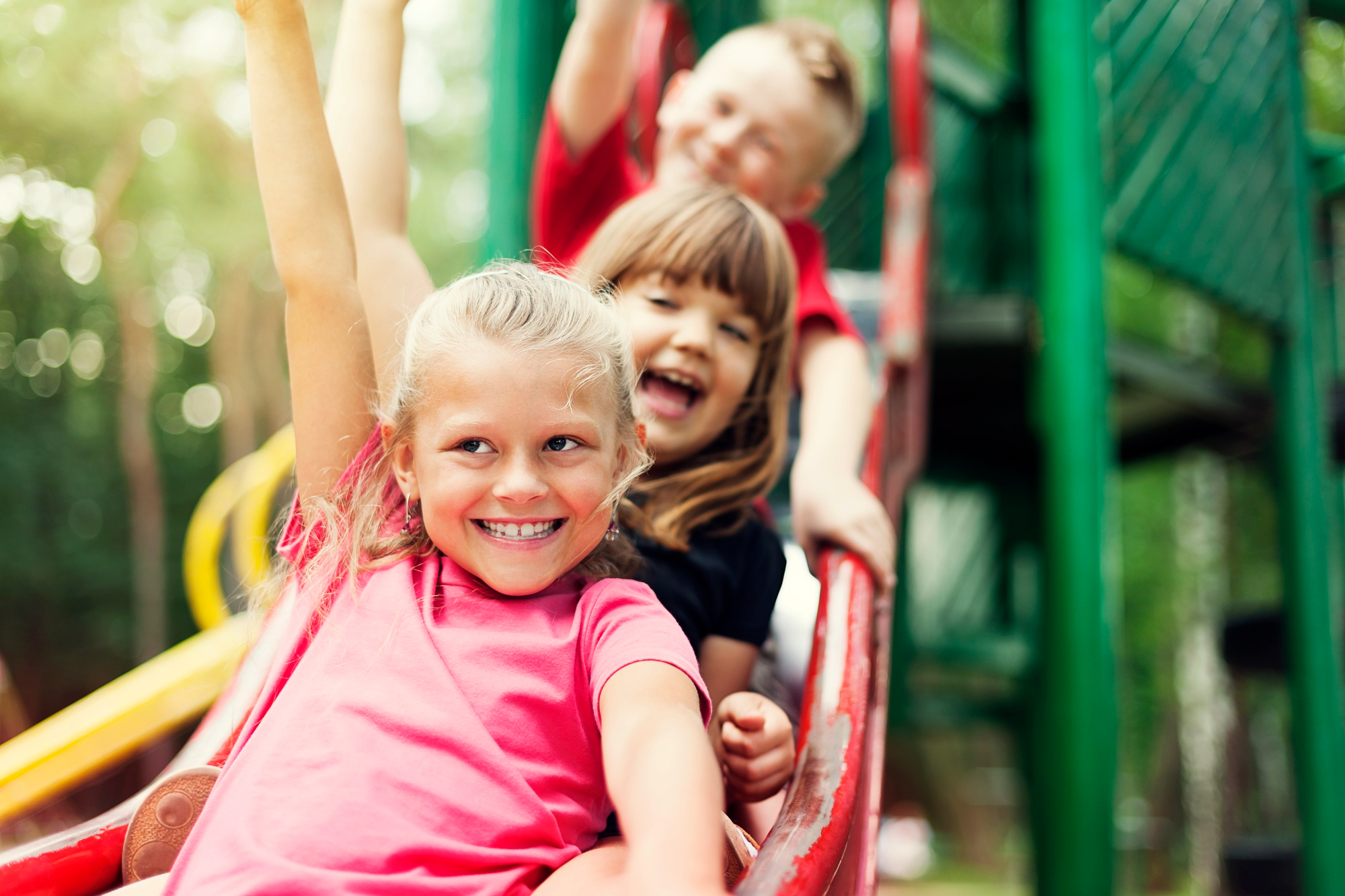
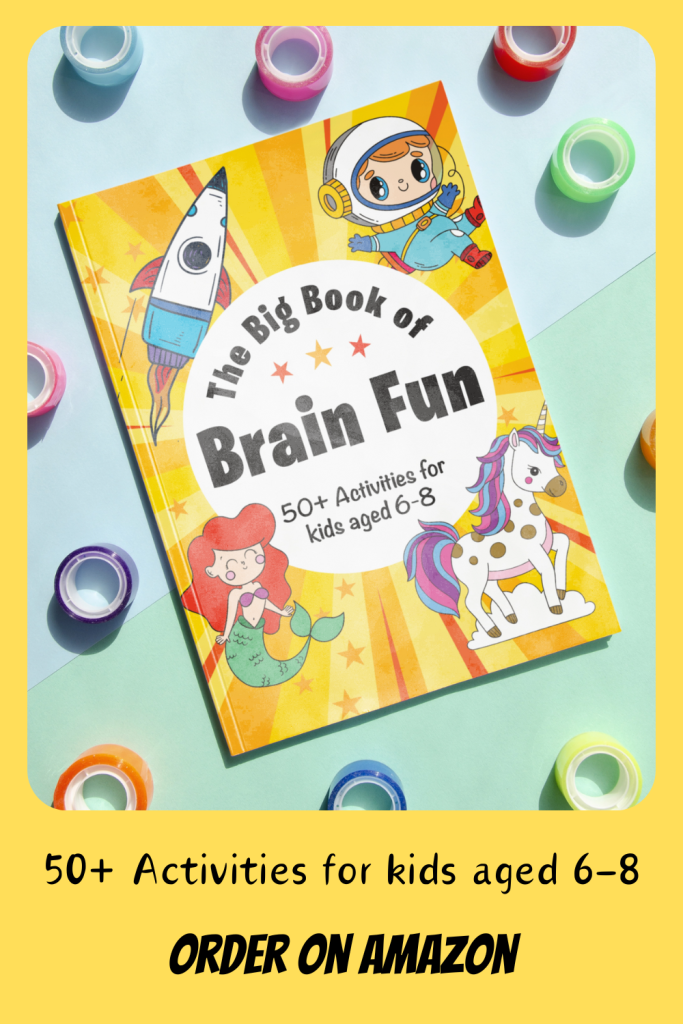




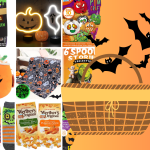
0 Comments